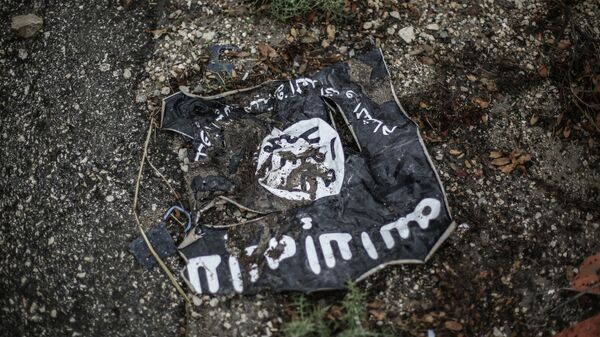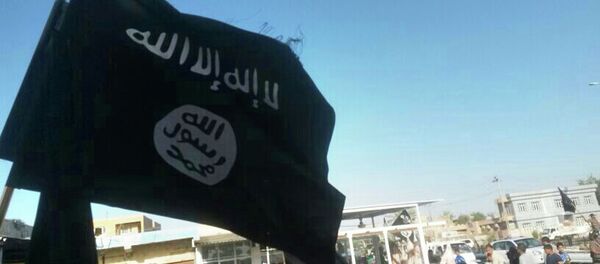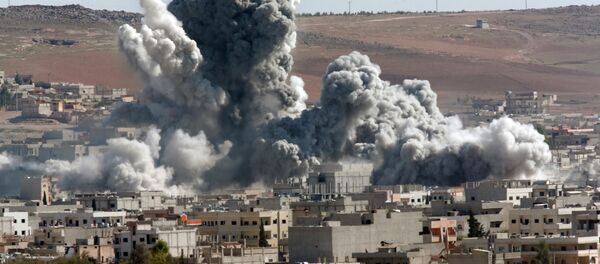WASHINGTON (Sputnik) – Domestic political turmoil in Turkey ahead of early elections alongside rising violence between Kurdish militants and the Turkish Army could shift Ankara’s focus away from the fight against ISIL, experts told Sputnik on Monday.
Turkey is facing early elections in November as the Justice and Development Party (AKP) was unable to form a coalition with opposition groups following early June elections. The failure of coalition talks comes against the backdrop of rising violence between Ankara and the Kurdistan Workers’ Party (PKK) and Turkey’s renewed commitment to up its support in the counter ISIL coalition.
“Ankara will be cautious to be more active [against ISIL], also knowing that with repeat elections in November, terrorist attacks could have negative effects on the government,” Istanbul-based political analyst Ekrem Eddy Guzeldere told Sputnik.
He added more active Turkish participation in the anti-ISIL coalition risks jihadist inspired attacks.
On Monday, Turkey’s Foreign Minister Mevlut Cavusoglu reiterated that the US and Turkey had developed a comprehensive plan for the Turkish air force to take a larger role in clearing ISIL from a pocket of northern Syria. The comments come a week after US Defense Secretary Ash Carter said Turkey could do more in the coalition to counter ISIL.
The United States and Turkey are set to create a “safe-zone” for moderate Syrian rebels. The area is along stretch of territory inside Syria separating the Syrian Kurdish cantons of Jazeera and Kobane in northeast Syria with Afrin in the west.
To date, however, Turkey has only carried out only three airstrikes against ISIL. That compares to more than 400 airstrikes on the PKK since July, when a two-year ceasefire broke down and both sides resumed fighting.
“Up to now Turkey has been more interested in bombing the PKK,” Tom Wheeler, a former South African ambassador to Turkey, told Sputnik.
“This is a real problem that the US and Turkey as allies will have to resolve,” Wheeler said when asked whether it might complicate US-Turkey cooperation.
Guzeldere believes that as long as Turkey is not bombing YPG positions in Syria, this different approach towards the Syrian Kurds will not have a major impact on Washington-Ankara bilateral relations. He also added that Turkish bombing of PKK camps in Northern Iraq are more linked to domestic developments in Turkey than to anti-ISIL fight.
The PKK-Turkey fighting is in part related to domestic politics in Turkey as the AKP seeks to undermine the legal Kurdish party in Turkey, the HDP, and attempts to boost its support among Turkish nationalists ahead of new polls.
Turkey, with its own population of 15-20 million Kurds, is wary of the Syrian Kurdish experiment in self-governance and their successes against ISIL.



